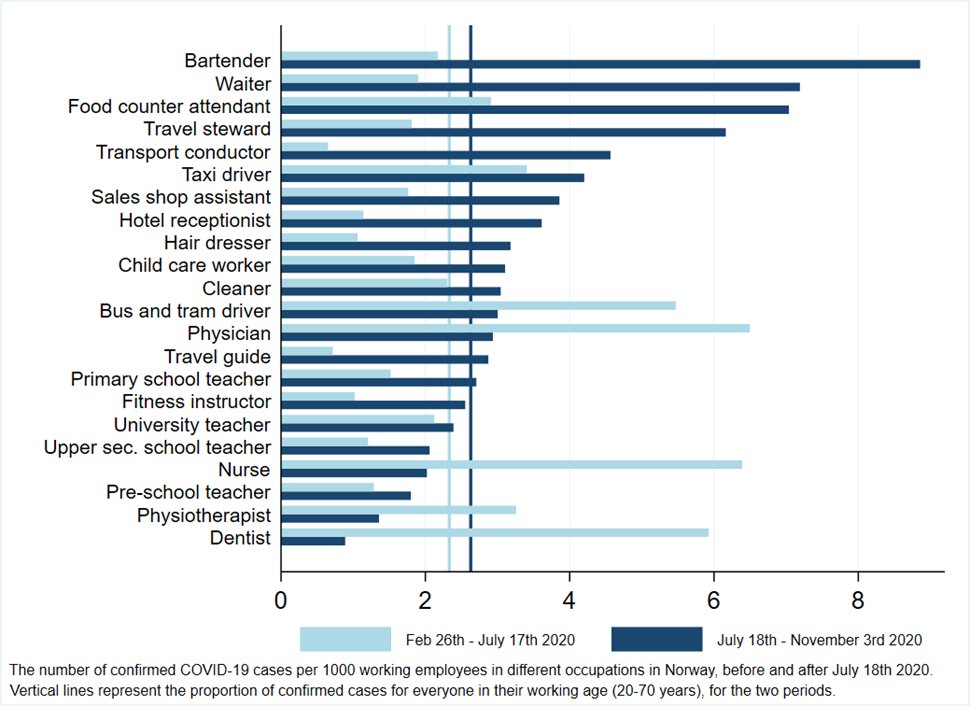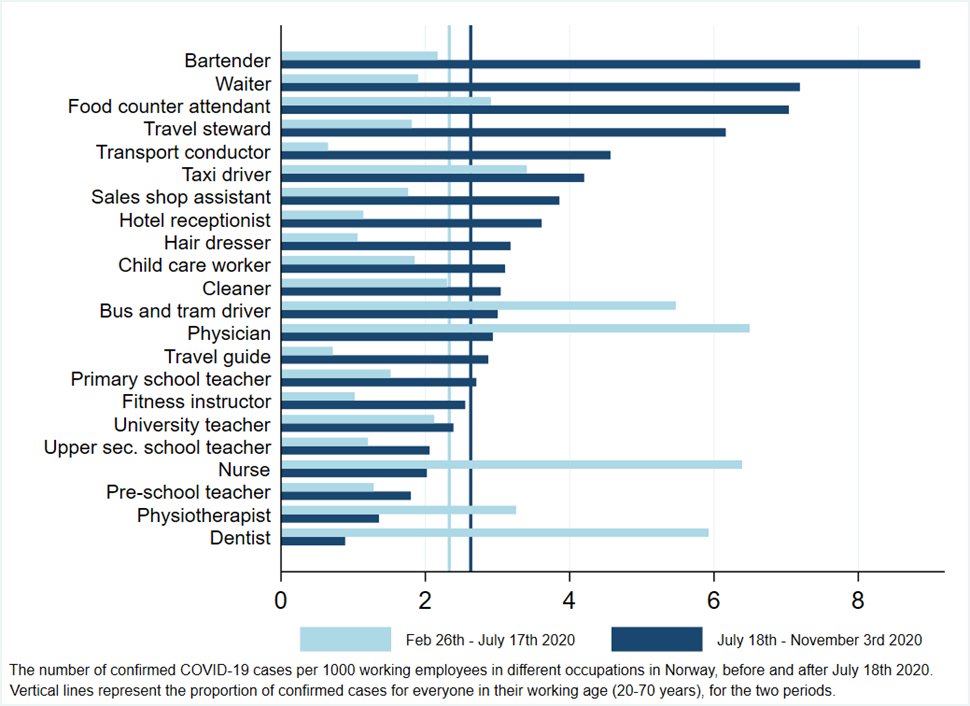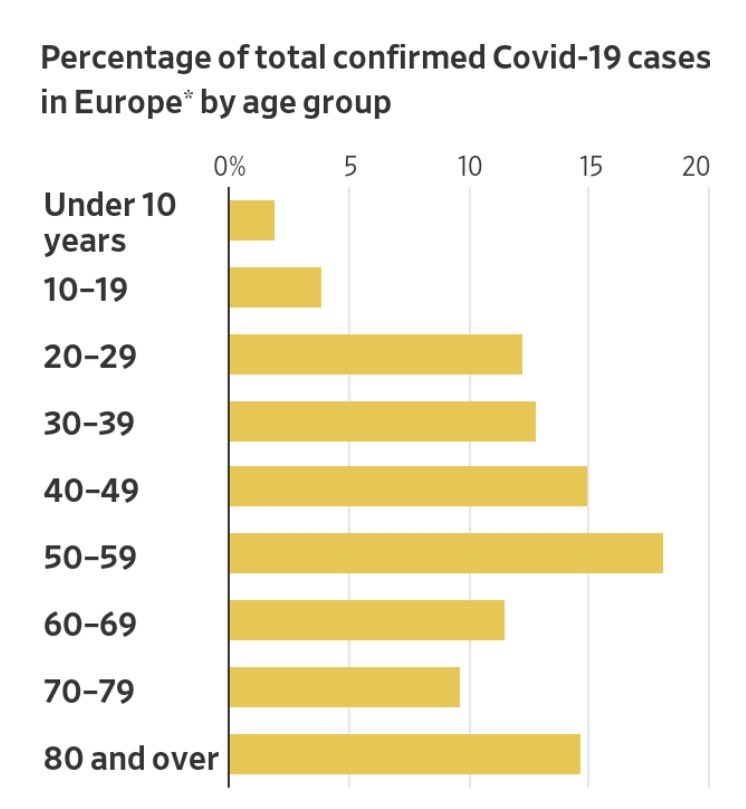
While the U.S. and Europe struggle to contain an autumn surge in #coronavirus infections, Finland and Norway are bucking the trend. Here’s how they do it. My report via @WSJ wsj.com/articles/finla…
All countries that have successfully managed #coronavirus have a tight control of their borders, like Finland and Norway. Yet borders across Europe remain largely open, even as governments reimpose draconian restrictions and curb fundamental freedoms.
wsj.com/articles/finla…
wsj.com/articles/finla…
While the rest of the west is stuck in a loop of cyclical lockdowns & reduced to waiting for a vaccine, some nations are bucking the trend, keeping cases under control without stringent restrictions. @WSJ wsj.com/articles/finla…
While Sweden has captured global attention with its refusal to adopt mandatory restrictions—a policy now being reversed in the face of spiraling infections and deaths—its northern neighbors now stand out as the closest Western equivalents to Asian nations wsj.com/articles/finla…
Stopping inbound international travel early and urging Finns not to travel abroad was the foundation of Finland’s success. As a consequence, air travel dropped by 95%, and over 94% of Finns vacationed within their country from May to August wsj.com/articles/finla…
Norway/Finland also have comparatively excellent data about the pandemic, and can make policy based on science rather than assumptions. Here is a Norway chart showing which occupations were most exposed to #coronavirus, neatly divided in first/second wave
wsj.com/articles/finla…
wsj.com/articles/finla…

Unlike the rest of Europe, they used the summer to prepare for a winter surge in infections. Finnish universities trained thousands online to conduct contact tracing while Norway boosted its testing capacity to be able to test 5% of its population a week wsj.com/articles/finla…
Unlike most European governments, Finland advised citizens to spend their vacations in the country and kept a tight control of the border thought the summer holidays. “That meant we didn’t import infections like most of Europe did,” @mika_salminen said wsj.com/articles/finla…
Trust was key to Norway’s ability to contain contagion without imposing draconian measures, @BentHHoyre said. He invoked the Old Norse tradition of dugnad—unpaid communal work carried out in solidarity with neighbors—as a recipe for beating the pandemic wsj.com/articles/finla…
By popular demand: the Norwegian report identifying occupations most likely to be exposed to #COVID19. Bartenders, waiters & transport conductors topping the list, suggesting #coronavirus transmission related to bars, restos & public transport. fhi.no/en/news/2020/m… 

“Finns are friendly but maybe a bit reserved in terms of physical contact; our comfort space is perhaps larger than that of Italians,” Prof. @mika_salminen said. wsj.com/articles/finla…
“It’s very important for people to trust not only the government, but also each other: they know that when they follow the rules, their neighbor will do the same,” Norway's healthcare minister @BentHHoyre said. wsj.com/articles/finla…
My colleagues have written about how Asian nations- who have beaten #coronavirus basically from the onset - offer best global practices in pandemic management @margheritamvs wsj.com/articles/covid…
• • •
Missing some Tweet in this thread? You can try to
force a refresh



